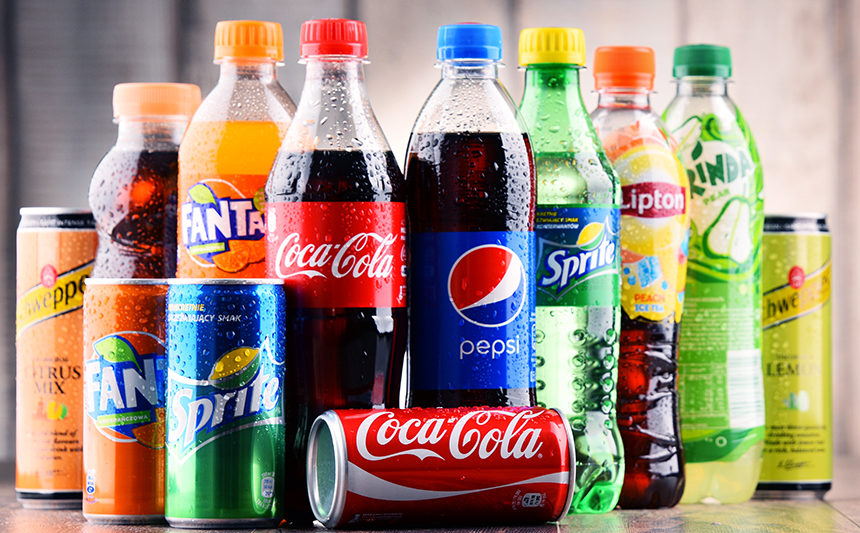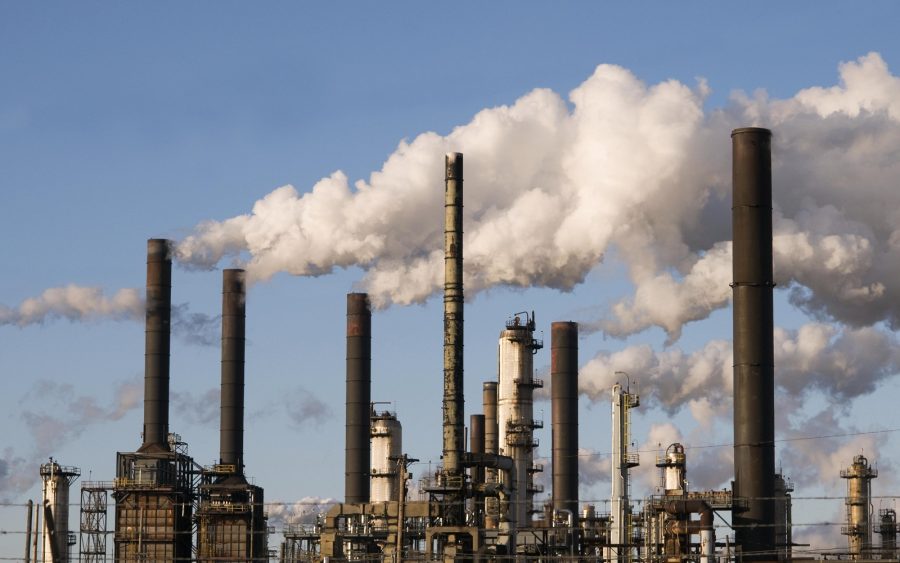The carbonated soft drinks sub-sector of the Manufacturers Association of Nigeria [MAN] has raised an alarm over the Federal Government’s proposed 20% Ad-valorem Excise Tax on Non-Alcoholic Beverages which covers the widely consumed carbonated soft drinks [CSD] segment.
During a meeting held recently in Lagos, the sectoral group posited that such a move will spell doom for the sector as the effect of the prevailing N10 per litre tax regime is already crippling the sector.
The soft drink manufacturers said their revenue declined by 8% between June and August 2022, as a direct implication of the excise tax implementation.
They projected that the decline would hit 25% by December 2022 if not reviewed. This excludes the cost of write-offs of products produced, excised but not sold.
Imminent threat: With the proposed 20% Ad-valorem tax introduction, the collapse of the soft drink market is imminent. This will be catastrophic as thousands of jobs will be affected and the aim of the government in collecting revenue will be completely defeated.
- “Most certainly the additional 20% will not only kill the sector but result in the loss of revenue by the Federal Government, and a consequential phenomenal loss of jobs by various layers of the Nigerian workforce,” the association said.
Important sub-sector: According to the association, soft drinks manufacturers account for 33% of the entire manufacturing sector in Nigeria, contributing about 15% to the Gross Domestic Product (GDP) of the Nigerian economy.
The manufacturers added that the food and beverage sector contributes about 5% to the nation’s tax revenue, with a payment of N202 billion to the government on Value Added Tax (VAT), and N207 billion in Company Income Tax. This represents an enormous amount the government could lose if the sector is allowed to collapse.
They noted that the food and beverage division of the economy in the last five years created 1.5 million jobs nationwide, both directly and indirectly, and it was from 2020 to date, that some companies in the sector strived to pay Minimum Tax, which is a pointer to the fact that the business climate is deteriorating, as the companies are finding it difficult to carry out their operations effectively.
- “There is evidence that the current N10 per litre excise tax on non-alcoholic beverages is ravaging the sector as the companies pay N10 (Ten Naira) for every litre of beverage produced, whether or not sold,” they said.
The consensus: Speaking at the meeting with one voice, the sectoral heads decry the devastating effects of the N10 per litre tax, which has become burdensome with the high cost of operation in the country and its constituent elements. This is already having devastating effects on the end cost to consumers, considering their poor economic condition; an additional 20% will most certainly kill the sector.
They, therefore, called for the suspension of the excise tax being proposed by the Federal government to forestall the collapse of the industry.
Corroborating this position, Ekuma Eze, Corporate Affairs and Sustainability Director, Nigerian Bottling Company (NBC) pointed out that the N10 per litre currently in practice has no bearing on profitability for any of the members of the sectoral group.
He stated that since the introduction of the N10 per litre Excise Tax, businesses in the sector have been experiencing a worrisome decline, the average loss in volume and revenue is 10% between June to September 2022, and it is estimated that the decline will further worsen to 25% by the end of the year.





















We don’t really need carbonated sugar loaded drinks do we? Should be taxed at 50% per liter…
as much as I agree with you about the need to over tax the company, but we still need to think about millions of Nigerian, who lives living depending on those companies.
government need to do better by improvising or create a control. not burdensome on those companies
They should stop whining. N10 per litre on a 33cl can of coke that most of us drink is just additional N3!! Really!?
Majority of Nigerians consume these drinks and I myself find them refreshing so the government should take a review on the subject. Maybe this is a contributory factor to the price hike in the drinks.